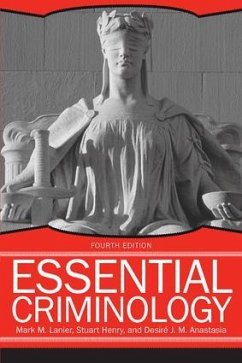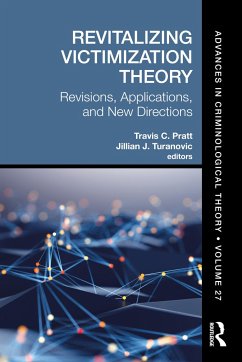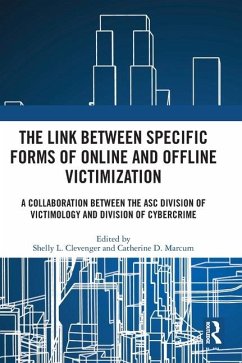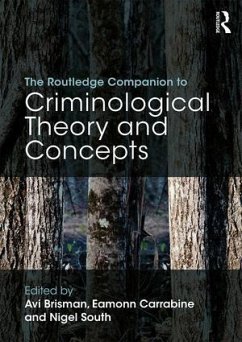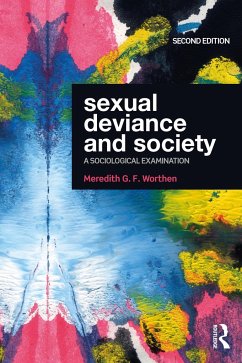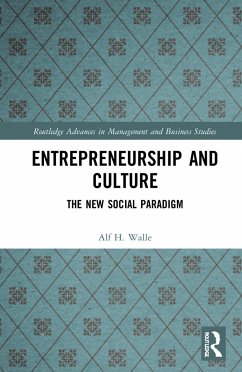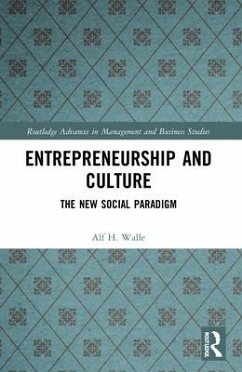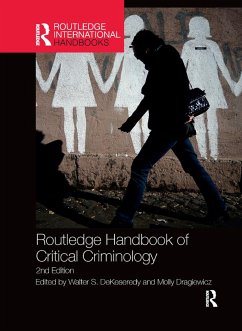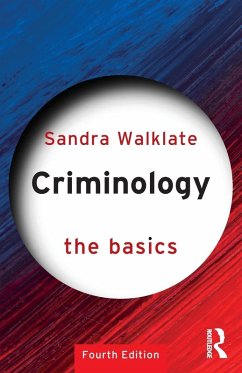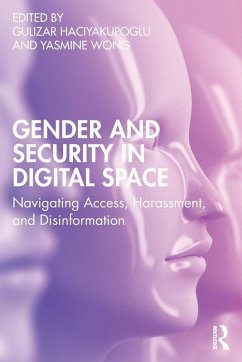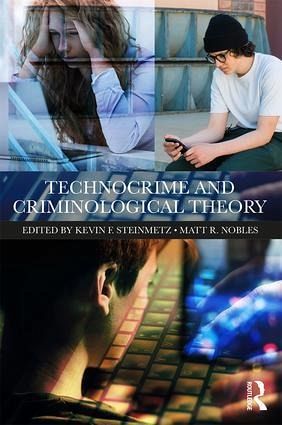
Technocrime and Criminological Theory
Versandkostenfrei!
Versandfertig in 6-10 Tagen
88,99 €
inkl. MwSt.
Weitere Ausgaben:

PAYBACK Punkte
44 °P sammeln!
Cybercrime, computer crime, Internet crime, and technosecurity have been of increasing concern to citizens, corporations, and governments since their emergence in the 1980s. Addressing both the conventional and radical theories underlying this emerging criminological trend, including feminist theory, social learning theory, and postmodernism, this text paves the way for those who seek to tackle the most pertinent areas in technocrime.Technocrime and Criminological Theory challenges readers to confront the conflicts, gaps, and questions faced by both scholars and practitioners in the field. Thi...
Cybercrime, computer crime, Internet crime, and technosecurity have been of increasing concern to citizens, corporations, and governments since their emergence in the 1980s. Addressing both the conventional and radical theories underlying this emerging criminological trend, including feminist theory, social learning theory, and postmodernism, this text paves the way for those who seek to tackle the most pertinent areas in technocrime.
Technocrime and Criminological Theory challenges readers to confront the conflicts, gaps, and questions faced by both scholars and practitioners in the field. This book serves as an ideal primer for scholars beginning to study technocrime or as a companion for graduate level courses in technocrime or deviance studies.
Technocrime and Criminological Theory challenges readers to confront the conflicts, gaps, and questions faced by both scholars and practitioners in the field. This book serves as an ideal primer for scholars beginning to study technocrime or as a companion for graduate level courses in technocrime or deviance studies.





